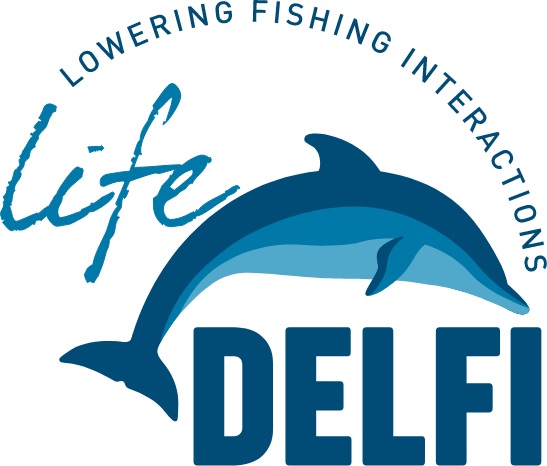
Actions of the Life DELFI project aim at reducing negative interactions of dolphins, mostly of the bottlenose dolphin, with fishing activities in the Mediterranean while limiting the associated economic loss to fishermen.
Marine Ranger is a citizen science application enabling collection of information on opportunistic observations of live, injured or by-caught cetaceans (whales and dolphins) and other marine mammals. Marine mammals are globally endangered, and everyone can help to protect them. By getting involved, sharing your observations, and following what others are reporting you can become immersed in daily issues of marine mammal conservation. Your reports and observations will help us identify threats and areas of interactions with dolphins, whales and seals and act swiftly in case of emergency. Your participation can help scientists and managers develop better measures for conservation of marine mammals. With your support, we aim to ensure a better future for all marine mammals!
The primary aim of this app is the reporting of opportunistic observations of cetaceans and other marine mammals in the wild. To date, 28 species of marine mammals have been recorded in the Mediterranean Sea – 24 species of cetaceans (whales and dolphins) and four species of pinnipeds (seals). Only 11 cetaceans and one seal, the Mediterranean monk seal, are regularly present in this area and are considered native. Three of the remaining species are considered visitors that occasionally enter the Mediterranean, while all others are rare with only a few historically documented appearances.
You can find a list of all species ever recorded in the Mediterranean within the app and a clear identification on the type of their presence – REGULAR means the species is native and can be observed regularly at least in some part of the basin, VISITOR means the species occasionally enters the Mediterranean Sea, while RARE means the species has been recorded only several times in history and it is highly unlikely you will observe it in the wild.
